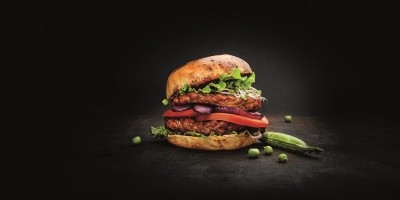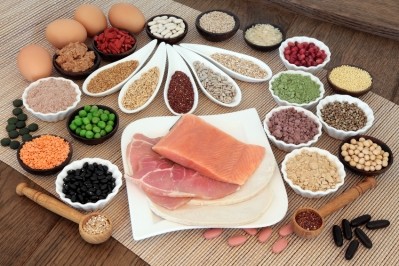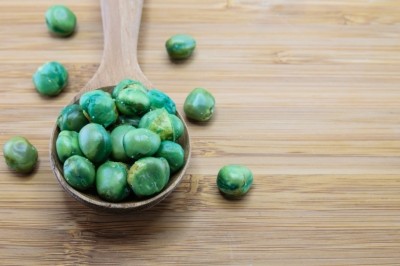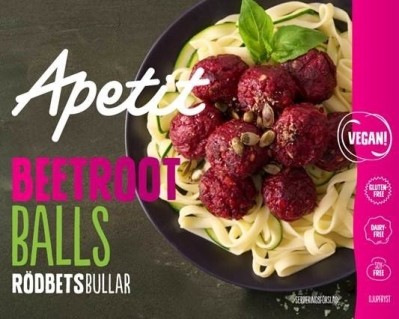Foods for Tomorrow's ‘new generation’ plant-based protein
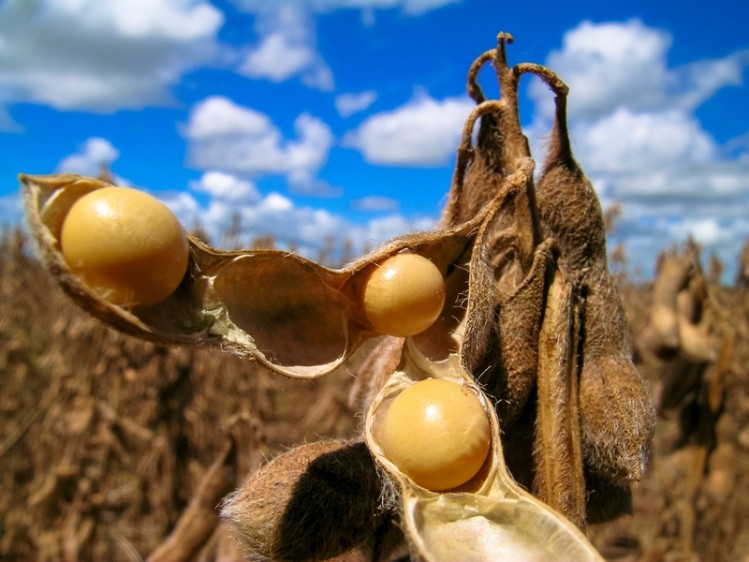
Coming from an activist background, Foods for Tomorrow founder and CEO Marc Coloma had worked for international NGOs focused on animal rights, ecology and social justice. In this capacity, his remit included raising of how consumption patterns can have a “positive impact”. However, Coloma said, he found “in the supermarket, those alternatives did not exist”.
Coloma decided to take matters into his own hands, founding Foods for Tomorrow. “If consumers cannot choose, there is no freedom of choice,” he told FoodNavigator. “There was a lack of protein-based options with a better impact in the world and [such a product] would connect with the values that we all share. Hence the idea of innovating in this field was born.”
The company is composed of a multidisciplinary team of food technologists and business and marketing specialists.
The group’s aim is to help tackle the challenge of “how to sustainably feed the world with a growing population and an increasing demand for protein” while also taking into account that livestock farming is “one of the main drivers for climate change… and food inefficiency”.
Coloma explained: “Especially in the field of proteins, meat is a problem from the point of view of the use of animals as intermediaries to obtain these proteins. It is a very inefficient model, since the food conversion is very low, demanding up to 20 times more cereals and legumes than the food that is obtained in the case of beef. To get a kilo of beef you need 20 kilos of cereals and legumes to feed the animal.”
After two years of development, the group launched what it describes as a “new generation” of plant-based protein products in April under the Heura brand. During its first year in the market, Foods for Tomorrow has seen a 44% month-on-month growth, with sales totalling €225,000. Last month’s revenue accounted for more than €50,000 and its expected growth for the following three years would see the group hit sales of around €2.7m.
A ‘gourmet gastronomic experience’
In order to win over European consumers to plant-based alternatives, Foods for Tomorrow believes that the message must be about more than health or sustainability: it has to deliver a “gourmet gastronomic experience”.
The group has worked with “great Spanish chefs” to develop “surprising seasonings, recipes and presentations”. Alongside retail channels, the company sells into the restaurant sector and this has enabled collaboration that delivers “meaningful insights” into market needs and trends.
Heura is made from soy, a legume that is high fibre, isoflavones, protein and lysine. It does not contain gluten or added sugars, is low in saturated fats and has no cholesterol. It is a source of potassium, magnesium and phosphorus and has a high content of proteins of high biological value, fibre, iron and vitamin B12.
A key point of difference is the texture that Foods for Tomorrow’s food technicians have been able to develop.
Protein concentrate is extracted from the soybeans, which is then mixed with filtered water. Foods for Tomorrow makes the resulting dough through an extrusion process that includes changes in pressure and temperature to achieve the final structure of Heura, which is then marinated with different spices.
“Achieving a fibrous texture was the biggest challenge and objective we had. We overcame it by a high moisture extrusion. At the end, in this process there are three key parameters: pressure, temperature and humidity. Heura is produced by a specific formulation of those, and using soy protein concentrate and water we get a texture which we cut and marinate with the different flavours.
“For us the key was to find a unique bite in each piece. At the end, the objective was to create a plant-based protein with layers and fibrous texture very different from the fluffy and gummy textures of tofu or tempeh. We wanted to give a totally new approach from all perspectives with the picture in mind that this is the best way to accelerate the introduction of plant-based protein products in the mass market diets,” Coloma said.
Expanding appeal of plant-based
Coloma believes that texture and ease of cooking are one of the main barriers currently limiting growth in plant-based alternative proteins. For this reason, texture and convenient formats were central to Food for Tomorrow’s product development process.
“We detected two main barriers for plant-based protein products to reach the mass market. The first was regarding the texture and the easiness to cook. We were used to finding plant-based products which differ a lot from the Western gastronomy and proteins. Therefore people did not perceive these as options. Additionally, people see products as tofu or texturised soy as difficult to prepare, cook and marinate. The second barrier was regarding the communication strategy, we saw vegan products had a marketing strategy most of the times targeting a very small niche group and communicating mostly as medical drugs.
“With our Heura product range we wanted to break these two barriers getting a very fibrous and meaty texture… delivering a product that can be served after just five minutes in the pan, and at the same time launching it through a very attractive communication strategy.”
Future growth plans
Foods for Tomorrow is now raising €2m to support its future development plants.
This will enable the group to expand its research and development team in order to work on “different formats and flavours”, Coloma revealed.
"We plan to launch two more varieties, a new flavour that will hit the market during the June and the fillet format, which we hope to launch after the summer. In addition to continuing to explore new paths at the level of flavours and textures, as we grow we want to undertake an internationalisation plan and strengthen our commitment in R&D.”
The company also intends to roll its brand out in additional European markets. “Our aim is to enter in retail in the UK and Germany in the following six to eight months.”

